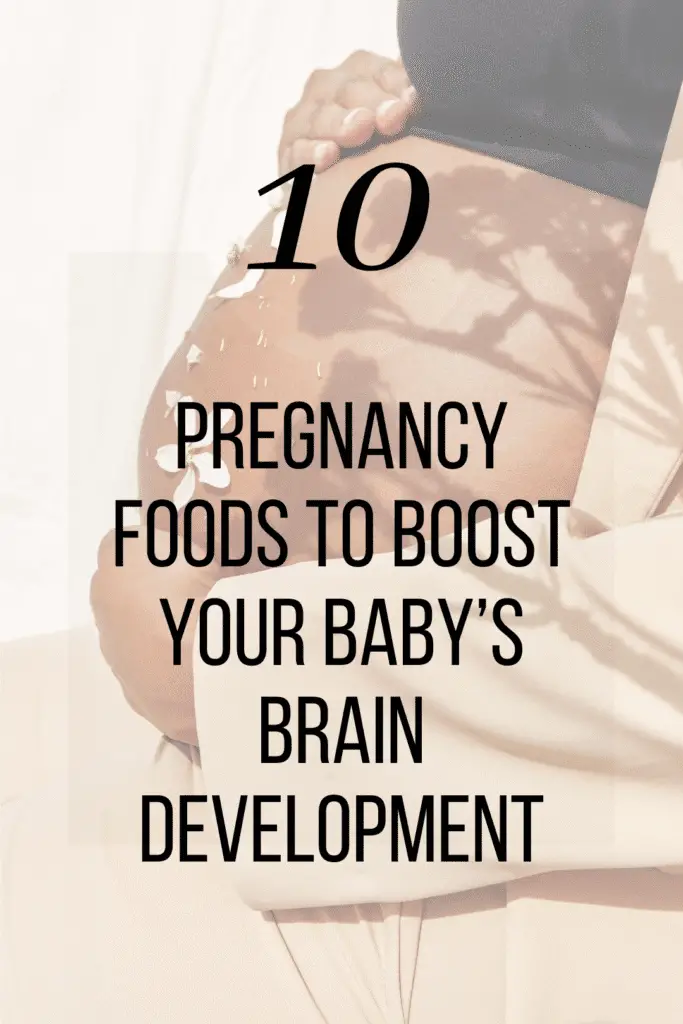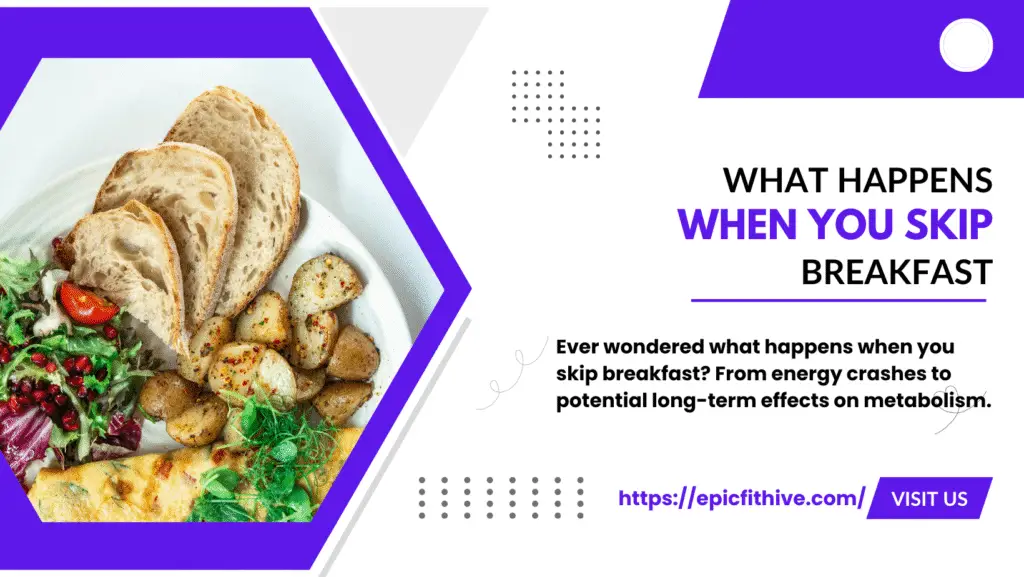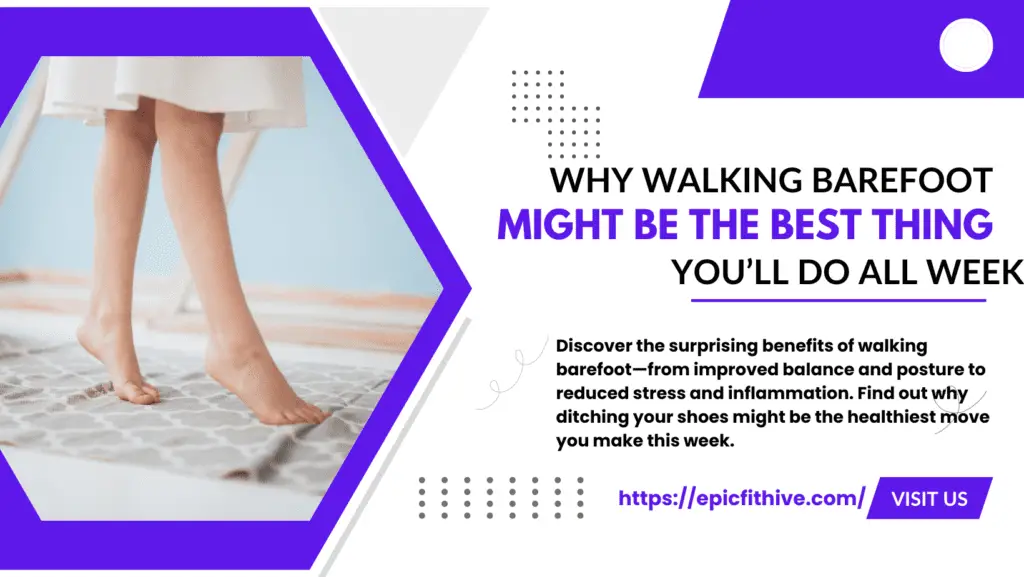15 Natural Ways to Lower High Blood Pressure Without Medication
Title: 15 Natural Ways to Lower High Blood Pressure Without Medication Introduction: A Silent Threat Millions Overlook High blood pressure, or hypertension, is often called the “silent killer” for good reason. It creeps up on millions of Americans without noticeable symptoms, quietly damaging the heart, arteries, kidneys, and brain. According to the CDC, nearly half of U.S. adults have high blood pressure, yet only about 1 in 4 have it under control. While medications can help manage this condition, they often come with side effects, long-term dependencies, and costs. That’s why many are seeking natural ways to lower high blood pressure USA experts and researchers endorse. Thankfully, science-backed, real-world lifestyle changes can offer powerful results. Let’s explore 15 natural, medically supported methods that could help lower your blood pressure – without a single pill. 1. Reduce Sodium Intake: The Salt in the American Diet Excess salt is a known contributor to hypertension. Studies show that reducing sodium intake can significantly lower systolic and diastolic blood pressure, especially in salt-sensitive individuals. 2. Eat Potassium-Rich Foods Potassium helps balance the effects of sodium and eases tension in blood vessel walls. 3. Follow the DASH Diet The DASH (Dietary Approaches to Stop Hypertension) diet was specifically created to help reduce high blood pressure. 4. Exercise Regularly – But Smartly Physical activity strengthens the heart, helping it pump blood with less effort. 5. Manage Stress Through Mindfulness and Breathing Stress triggers the release of hormones that temporarily spike blood pressure. Chronic stress can lead to long-term hypertension. 6. Quit Smoking for Immediate Vascular Relief Nicotine narrows blood vessels and increases heart rate, leading to elevated blood pressure levels. 7. Limit Alcohol Consumption While moderate alcohol may have some heart benefits, excessive drinking is a known cause of hypertension. 8. Prioritize Quality Sleep Sleep deprivation has been directly linked to hypertension. The body needs rest to regulate hormones and repair vascular systems. 9. Reduce Caffeine or Monitor Its Impact Caffeine affects people differently. For some, it causes a noticeable spike in blood pressure. 10. Try Proven Natural Supplements Some natural supplements have scientific support for lowering blood pressure. 11. Lose Excess Weight Even a modest weight loss can have a significant impact. 12. Eat Whole Foods – Avoid Processed Junk Ultra-processed foods are loaded with sodium, sugar, and unhealthy fats. 13. Sip on Herbal Teas Certain herbal teas have been shown to help manage blood pressure. 14. Embrace Relaxation Techniques Daily relaxation resets your body’s stress response. 15. Monitor Your Blood Pressure at Home Self-monitoring empowers you to track progress and detect patterns. Bringing It All Together: A Realistic Approach You don’t need to implement all 15 strategies at once. Start with the one or two that feel most manageable. Whether it’s walking daily, cooking with less salt, or sipping hibiscus tea, each small change adds up. For those seeking trusted natural ways to lower high blood pressure USA readers can rely on, this list offers a balanced, practical, and evidence-backed approach. Consistency is key. Natural methods take time, but their effects are long-lasting and holistic. Disclaimer: Always consult with your healthcare provider before starting any new health regimen, especially if you’re on blood pressure medication or have underlying conditions. Final Thoughts: Empowering Your Health Naturally The modern American lifestyle is fast-paced, stressful, and often unhealthy – a perfect storm for high blood pressure. But by leaning into nature, science, and mindful living, you can take real control of your cardiovascular health. If you’ve been looking for natural ways to lower high blood pressure USA professionals endorse and people trust, now you have a road map. Start small, stay consistent, and know that every healthy choice you make brings you one step closer to a longer, stronger life. Share this article if you found it helpful – someone you love might be silently suffering too. FAQs Q1: How long does it take for natural remedies to lower blood pressure?Results vary. Some people see improvements within 2 weeks of dietary or lifestyle changes, while others may take a few months. Q2: Can natural remedies replace medication entirely?Never stop medication without consulting your doctor. Natural methods can sometimes reduce the need for medication but must be supervised professionally. Q3: Are these methods safe for everyone?Most are safe for the general population, but always speak with your physician before trying supplements or changing routines, especially if you have other medical conditions. Q4: What is the most effective natural remedy?There’s no one-size-fits-all solution. A combination of dietary change, exercise, stress management, and sleep tends to be the most effective. Q5: Are these tips suitable for seniors and younger adults?Yes. These tips are beneficial across age groups, though older adults should tailor exercise intensity to their physical condition.



